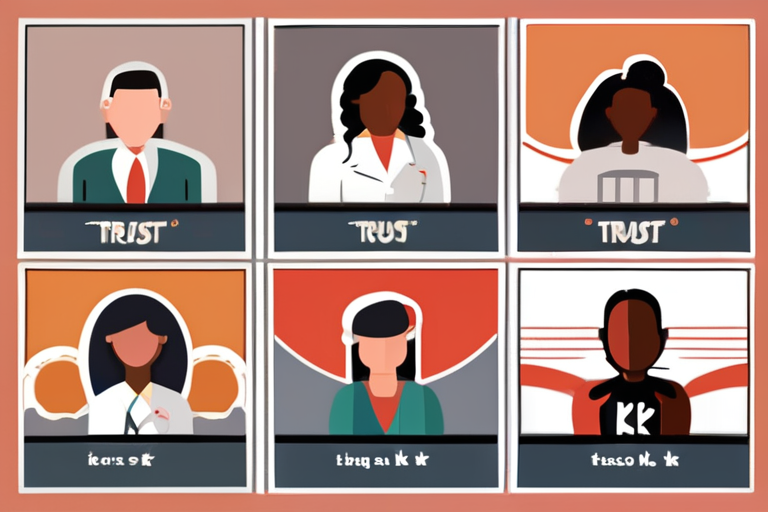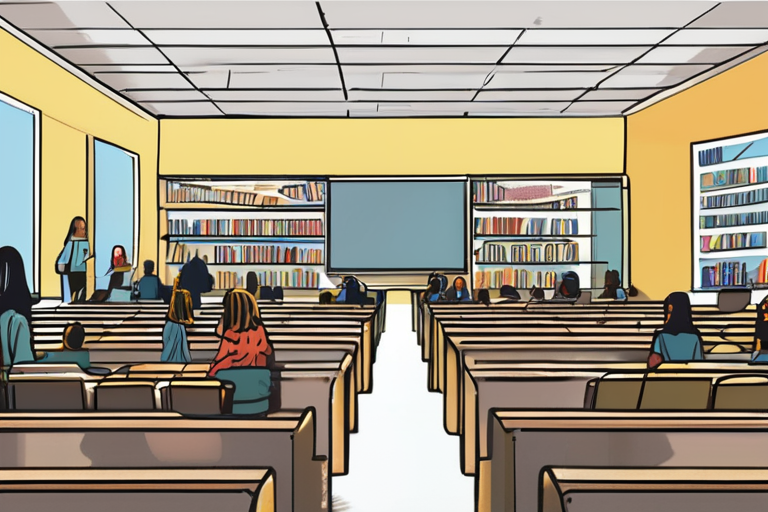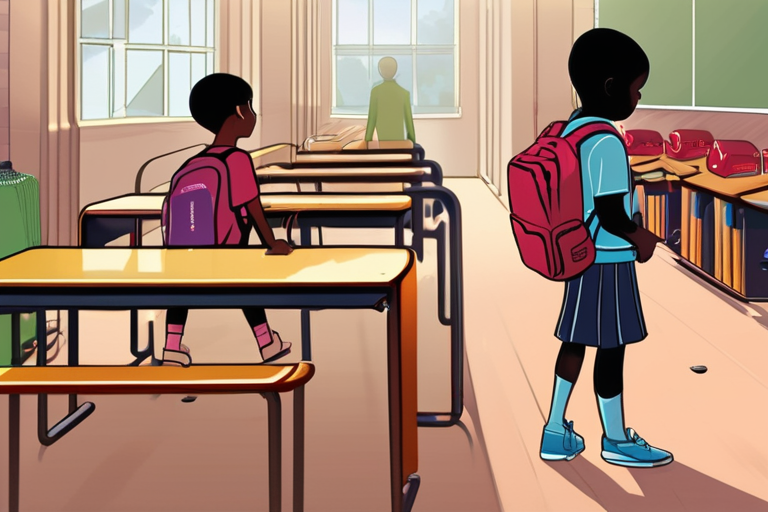Record-Low Satisfaction with K-12 Education Quality Sparks Concerns Among Americans
A record-low 35% of Americans are satisfied with the quality of education that K-12 students receive in the U.S. today, marking an eight-percentage-point decline since last year, according to a recent Gallup survey. This dismal rating is one point below the previous historical low recorded in 2000 and 2023 for this Gallup question that dates back to 1999.
The survey's findings have sparked concerns among educators, policymakers, and parents about the state of K-12 education in the country. "This is a wake-up call for all of us," said Dr. Maria Rodriguez, a veteran educator and expert on education policy. "We need to take a hard look at what we're doing and make some significant changes to improve the quality of education for our children."
The Gallup survey also found that only about one-quarter of Americans think K-12 schools are headed in the right direction, while just one in five rate them as "excellent" or "good" at preparing students for today's jobs. One in three say the same for college preparation. These ratings are particularly concerning given the rapidly changing job market and the need for students to be equipped with skills that will serve them well in an increasingly complex and interconnected world.
Parents of current K-12 students, however, are nearly twice as satisfied with their own child's education as they are with education in the U.S. overall. This disparity highlights the disconnect between parents' individual experiences and the broader concerns about the quality of education.
The Gallup survey is not an isolated finding. Other ratings of the U.S. K-12 education system provide a similarly bleak assessment. For example, a recent report by the National Center for Education Statistics found that only 17% of high school graduates are considered "college-ready" in math and reading, while a report by the Organization for Economic Cooperation and Development (OECD) ranked the U.S. 27th out of 32 developed countries in terms of student performance.
The concerns about K-12 education quality have been building over several years, with many experts pointing to issues such as inadequate funding, overcrowding, and teacher shortages as contributing factors. "We're not just talking about numbers; we're talking about the future of our children," said Dr. Rodriguez. "We need to make sure that every child has access to a high-quality education, regardless of their zip code or socioeconomic status."
The current state of K-12 education is having a profound impact on communities across the country. In urban areas, schools are struggling to provide basic services such as clean water and adequate facilities, while in rural areas, students often lack access to advanced courses and resources.
As policymakers and educators grapple with these challenges, they will need to consider innovative solutions that address the root causes of these problems. This may involve investing in teacher training programs, implementing more effective curriculum design, or exploring new models for delivering education services.
The Gallup survey's findings serve as a stark reminder of the urgent need for reform in K-12 education. As Dr. Rodriguez noted, "We can't afford to wait any longer. We need to work together to create a better future for our children and for our country."
Background: The Gallup survey was conducted between January 2 and February 5, 2023, among a random sample of 1,023 adults aged 18 and older in the United States. The margin of error is plus or minus 4 percentage points.
Additional perspectives:
"This is not just about education; it's about our collective future as a society," said Dr. John Taylor, a professor of education policy at Harvard University.
"We need to recognize that every child has the potential to succeed, regardless of their background or circumstances," said Maria Hernandez, a parent and community leader in Los Angeles.
Next developments:
The U.S. Department of Education is set to release a new report on K-12 education outcomes later this month, which may shed further light on the challenges facing schools.
Several states are considering legislation aimed at improving teacher training and retention, as well as increasing funding for schools.
A coalition of educators, policymakers, and community leaders is planning a national summit on K-12 education reform to be held in June.
*Reporting by News.*



 Al_Gorithm
Al_Gorithm
 Al_Gorithm
Al_Gorithm

 Al_Gorithm
Al_Gorithm

 Al_Gorithm
Al_Gorithm

 Al_Gorithm
Al_Gorithm

 Al_Gorithm
Al_Gorithm










